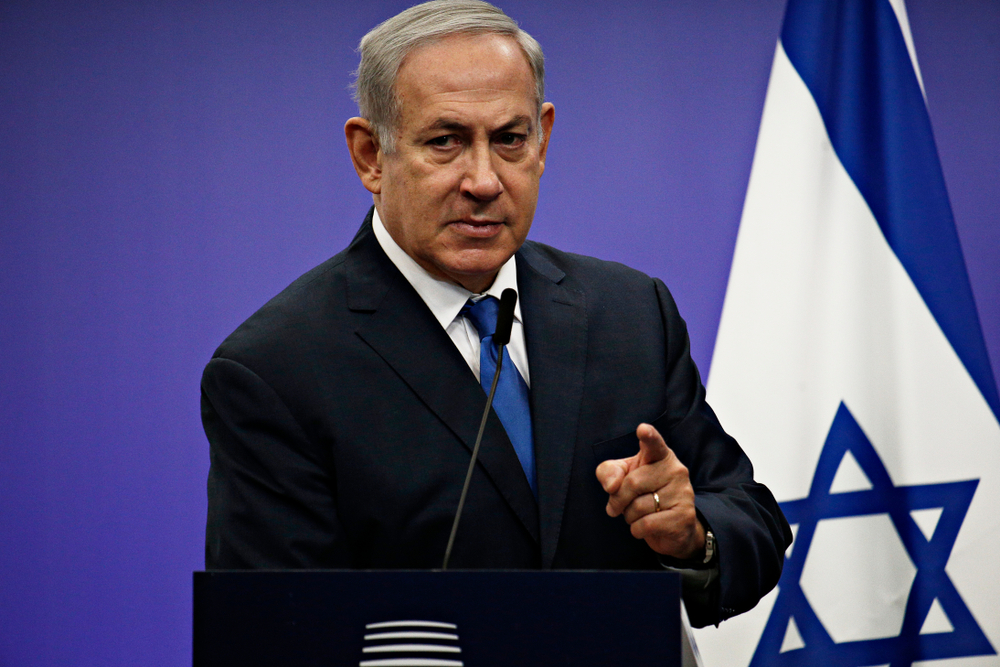(GoRealNewsNow.com) – In a powerful move schooling Joe Biden on how to deal with terrorists, Israel’s leadership led by Prime Minister Benjamin Netanyahu has refused to allow any supplies and aid to the Gaza Strip until the Palestinian terror group Hamas releases the hundreds of hostages it keeps there.
Israel’s war council issued a position on Wednesday following President Joe Biden’s call for humanitarian aid to be sent to Gaza, an overcrowded Palestinian enclave of 2.2 million people.
The council has decided not to permit the delivery of such aid from its territory until hostages are returned, The Times of Israel reports, as cited by AP and Newsmax.
The three-point Israeli statement regarding the aid’s conditions also demanded that the Red Cross be given access to some 200 hostages kidnapped by Hamas. They also expressed their intention to rally international backing for this.
“Israel will not thwart humanitarian supplies from reaching Gaza from Egypt as long as it is only food, water and medicine for the civilian population located in the southern Gaza Strip,” the Israeli war council said.
“Any supplies that reach Hamas will be thwarted by Israel,” it added.
This statement was in response to Biden’s remark that Israel had consented to let humanitarian aid enter Gaza from Egypt, but with strict inspection to ensure it doesn’t support Hamas militants.
On October 7, thousands of Hamas terrorists attacked Israel from the Gaza Strip, causing the Jewish State to halt essential supplies like fuel, water, and food to the Palestinians in Gaza.
This led to challenges restoring supplies to civilians, aid organizations, and hospitals. Although Israel has stated that it will soon resume allowing food, water, and medicine into Gaza, AP notes the exact timeline remains vague.
Meanwhile, the International Committee of the Red Cross (ICRC) has prepared a package of 60 tons of aid for Gaza, with medical professionals ready to assist the overwhelmed hospitals in the enclave.
“It’s critically important to deploy,” ICRC chief surgeon Tom Potokar said.
“We all know the situation is very bad. There are a huge number of wounded people and a lot of displaced people and ICRC has a role in helping these people in their suffering. The situation this time is much more difficult. There are far bigger numbers in terms of the people injured,” the Red Cross official elaborated.
BREAKING: Israel will allow Egypt to deliver humanitarian aid into Gaza, the office of prime minister Benjamin Netanyahu has said.
It said the decision has come "in light of President Biden's demand".
Israel-Hamas latest: https://t.co/DP6jDq6lfc
📺 Sky 501 and YouTube pic.twitter.com/omoRGRFRx7
— Sky News (@SkyNews) October 18, 2023


